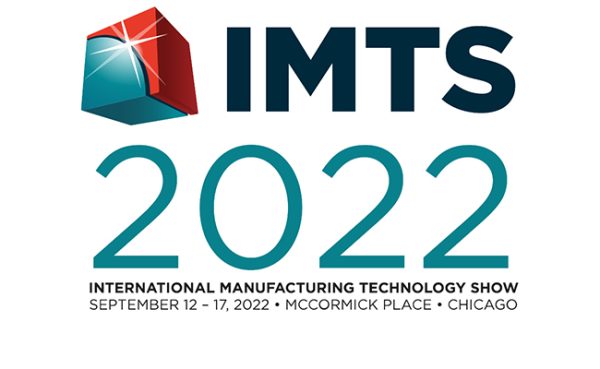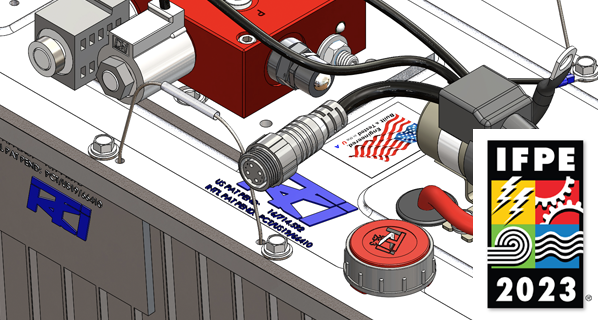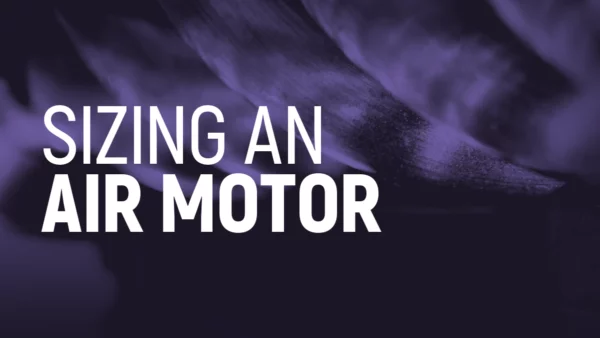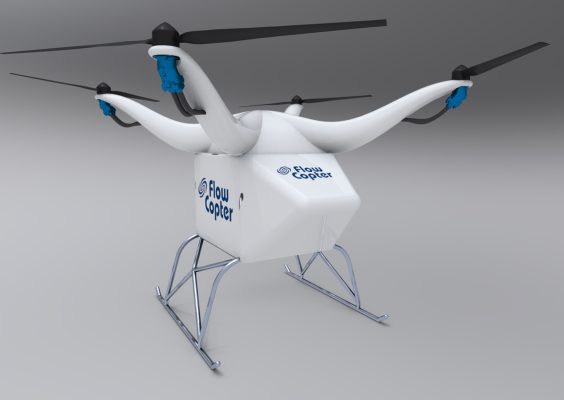Raising the bar: So, You Want to Make a Difference
 By Dan Helgerson
By Dan Helgerson
Something that has fascinated me for some time is how fluid power professionals must be conversant if not competent in almost every field of science.
At a steel mill where I once worked, we had apprentices come in from local colleges to help out with some of the work. A few were studying some field of engineering. I would seek them out and spend time talking about the advantages of fluid power. They were all environmentally conscious and, as the energy project manager and resident fluid power specialist, I drew them into discussions about the impact of fluid power on energy transfer. I would elicit their help in solving some engineering problem and use the opportunity to talk about the various fields of science required to properly apply fluid power. Without exception they were surprised at all that is involved in applying a fluid power solution.
If you follow “Raising the bar,” you know that I have an interest in energy, and I will continue to write about that. But I want to point out other science fields in which fluid power professionals must be competent.
Thermal transfer. We must understand the nature of energy and how it is released as heat when not used for mechanical work. This involves knowing about specific heat and how various materials capture, retain, transfer, and release heat energy.
Physics. We deal with the acceleration and deceleration of loads. We calculate the velocity of fluid through valves and connectors. We recognize the frictional effect that produces pressure losses in dynamic systems. We partner with Blaise Pascal and Daniel Bernoulli when using formulas such as F = PA and Δp = (Q / Kd2)2.
Geometry. Pythagoras is an old friend, and we could not work without him. His A2 + B2 = C2 is fundamental to determining angular forces, whether from a cylinder or within the workings of a piston pump or motor.
Gas laws. We build on the work of Robert Boyle and Daniel Bernoulli every time we size an accumulator, specify an air receiver, establish a vacuum, or calculate the pressure drop through an orifice.
Chemistry. Some of us have learned the hard way that you should not mix different types of hydraulic or lubricating fluids. The chemical reactions can create acids that eat the chrome off valve spools. The wrong fluid can interact with seals and cause them to disintegrate, stiffen, or expand.
Material science. Following that last thought, we need to be aware of materials used for different types of fluids. Do we use nitrile, Teflon, or Viton? Our actuators and valves are made of steel, stainless steel, aluminum, bronze, or plastic, and we need to be aware of which is best for an application.
Electricity. The most common prime mover for fluid power is the electric motor. We may be confronted with AC or DC, single phase or three phase, 50 hertz or 60 hertz. We deal with power from fractional wattage to thousands of kilowatts.
Electronics. Have you seen the ECS certification manual from the International Fluid Power Society for the electronic specialist certification? Many thousands of dollars were put into developing this certification because the need was obvious.
Tribology. If you’re not familiar with this term, it is the study of interacting moving surfaces. A fluid power professional must understand the impact of tight tolerances in parts that are moving very fast and separated only by a thin film of lubricant, with extreme variations in temperature.
Alternative energy. This is an exciting new field, and fluid power has a tremendous future in it. Those who are harvesting energy from solar, wind, ocean waves, geothermal, or process-generated heat are finding that hydraulics is the preferred method for capturing, storing, and releasing that energy.
Ecology. Saving and harvesting energy certainly have environmental implications. It is good stewardship to wisely use the resources we have. It is also important to stop leaks. One estimate says that every year as much oil leaks from improperly designed hydraulic systems as was dumped during the Exxon Valdez oil spill. That not only should be stopped, it can be stopped when properly trained fluid power professionals use the correct connectors and conductors as well as the right sealing material.
Economics. Much of what I’ve mentioned so far has a direct economic impact. At the steel mill, we saved many thousands of dollars by stopping leaks, correctly filtering fluids, and choosing components properly suited to the work. Many thousands more were saved by making the existing systems more efficient. We learned to stop asking, What will it cost to do this? We learned to ask, What will it continue to cost if we don’t do it?
Math. My dad once asked me what I did as a fluid power professional. He had done a fair amount of carpentry in his life, so I gave him this illustration: “You have various saws, chisels, sanders, and such, as well as custom tools that you developed to make your work more efficient. You would use those tools to design and build what your customers needed. That is exactly what we do. Someone comes to us and asks for a fluid power solution to a problem. We are given an idea of the need, and then we go to our workshop, where we have the tools to do the job. But our tools are mathematical formulas that we use to meet the need.”
As fluid power professionals we apply the mathematics of the sciences I’ve listed to properly implement fluid power solutions.
You want to make a difference? You want to protect the environment and save energy? You want to reduce operating costs? You want to do something challenging that requires many disciplines?
You can begin and end with fluid power.
Fluid Power Journal encourages conversation about issues addressed in “Raising the bar.” Please use the Comment function at the bottom of the page to take part in the discussion with author Dan Helgerson.
Related Posts
Get Our Enews!
Sign up for the FPJ Insider Guide
Sign up to receive fluid power industry news, economic updates, professional development content, and product news delivered right to your inbox.
We will never share your data with a third party without your permission. Adjust your email preferences at any time, and unsubscribing is quick and easy.
Fluid Power Journal Resources







